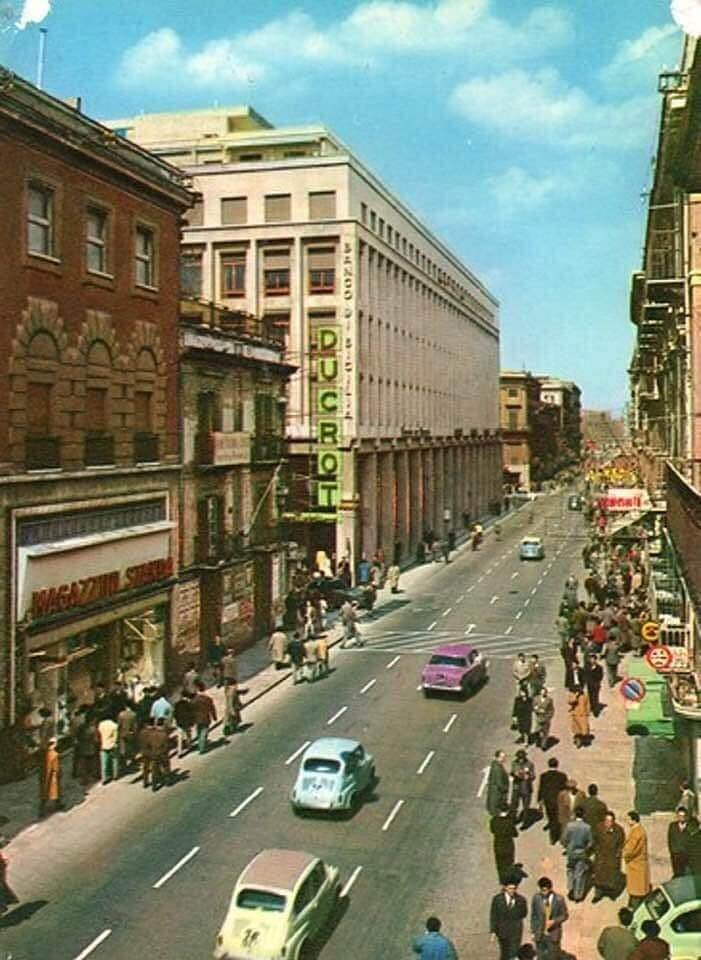- Home
- History of Sicily
- History of the Mafia
- Falcone: Cosa Nostra
Giovanni FAlcone: cosa nostra
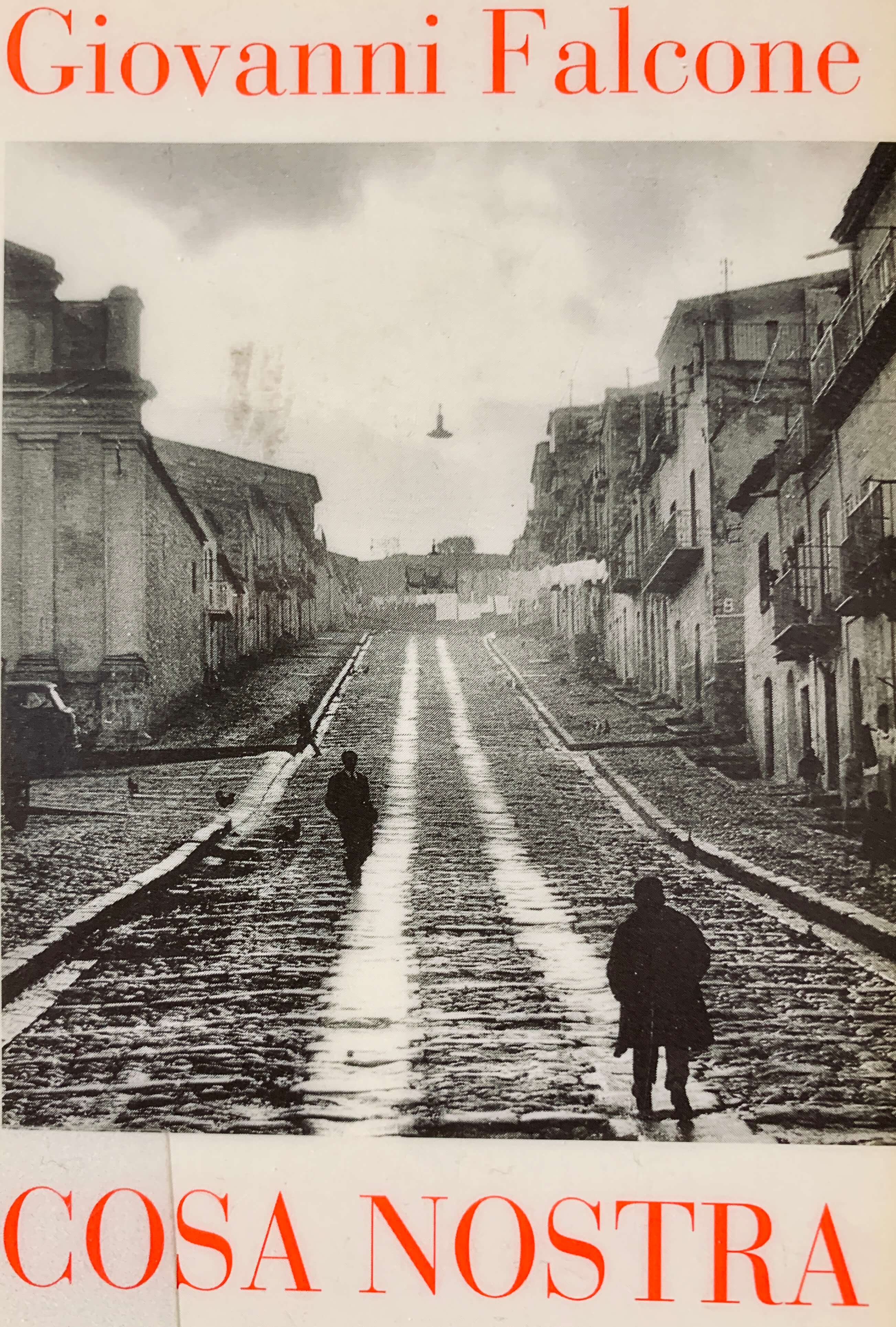
Judge Falcone's book on the Sicilian mafia, Cosa Nostra, is small but full of substance. So put aside the entertaining Mafia novels and thick history books.
Not that they don't have their place in the minds of a crime-hungry public. But few writers can provide such an insightful look at the workings of Cosa Nostra as Falcone.
Falcone gave interviews for a BBC television program in 1991. At this point, he had spent a decade interviewing 'repentant' mafiosos - as they call them in Italy. Later these interviews were edited into this book.
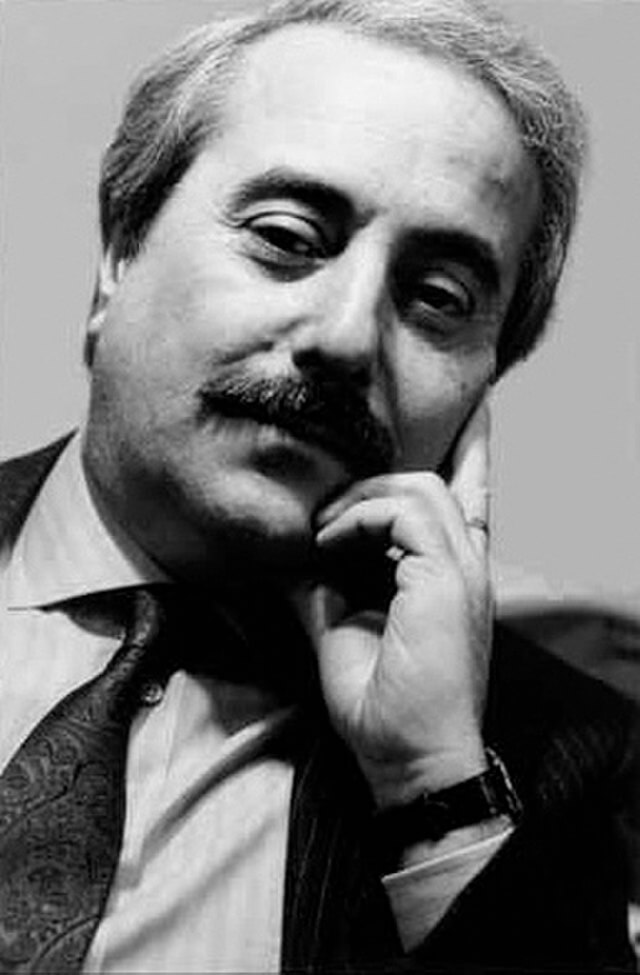 Giovanni Falcone (1939-1992)
Giovanni Falcone (1939-1992)Falcone can provide an insider's perspective on the Mafia. At the same time, the book also reveals something about himself.
Falcone applied himself to his work with rare diligence, with an almost autistic concentration. He worked tirelessly to reduce the power of the Mafia on his home island, Sicily.
As a result, his knowledge of Cosa Nostra is second to none.
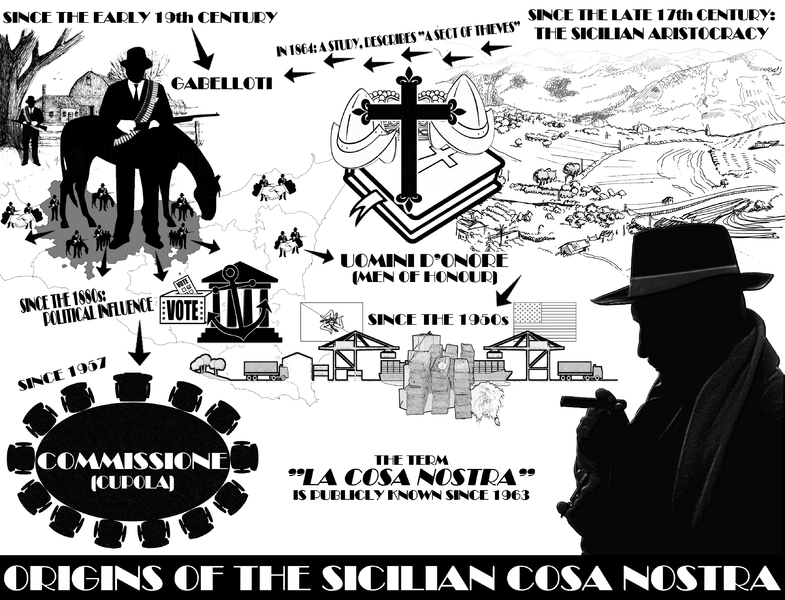
So, You May Ask: What is Cosa Nostra?
At least, if you haven't watched too many mafia movies or read crime novels.
Cosa Nostra is Italian for "our (common) cause." It is also another name for the Sicilian mafia.
The origins of the Cosa Nostra date back to the Middle Ages, to the Arab rule in Sicily. That's where the organization's codes of honor and misogynistic worldview come from.
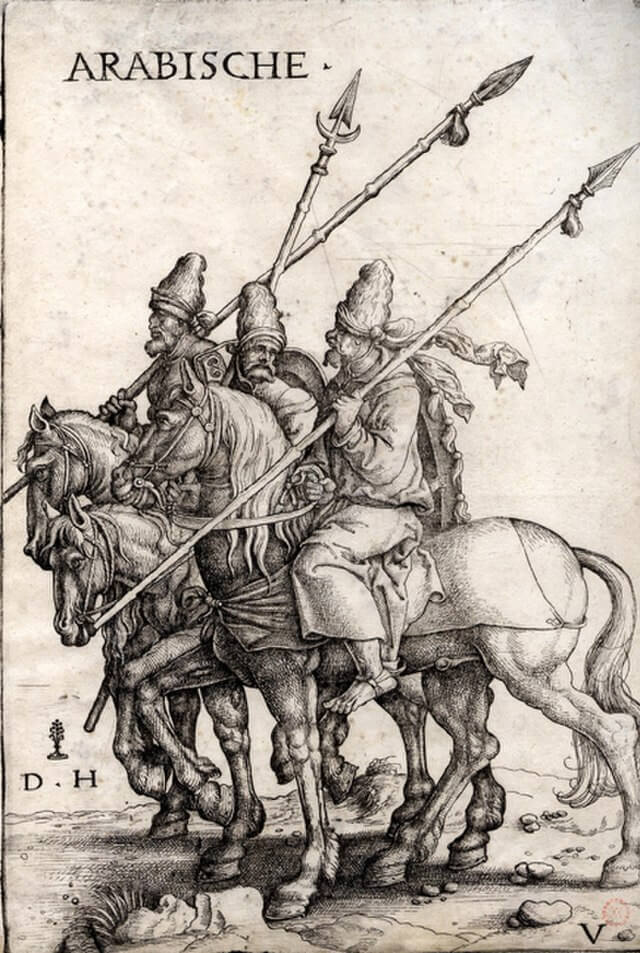
However, the modern mafia took its form only after the unification of Italy in the 1860s.
First, they were just a bunch of operators in the countryside. In exchange for money, these groups protected landowners' property from roving bands of bandits.
Soon the activities expanded, and the criminal nature of the group became more pronounced. Eventually, the Mafia became one of the major players in the field of the world economy.
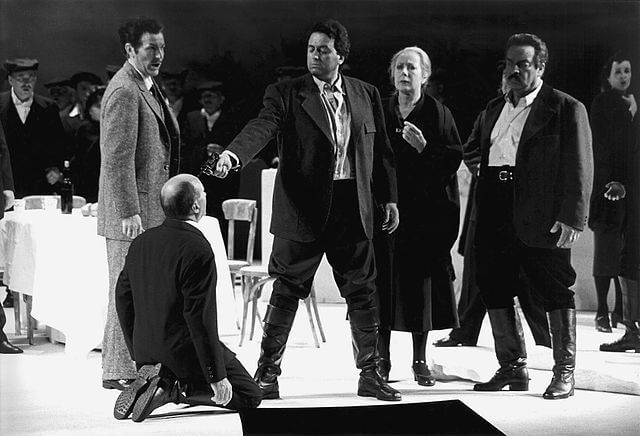
Tobacco smuggling changed into smuggling heroin in the 70s. Dealing drugs in bulk all over the world led to growing riches. The riches, in their turn, led to the bloodiest-ever power struggle inside the Mafia.
Eventually, mafia wars spilled into the streets of Sicily in the late 70s early 80s.
Falcone benefited from the increasingly tense situation inside the Mafia. Mafiosos under death threat fled to state protection and started sharing their information.
Before that, the whole organization had been operating behind the veil of silence. Now the loose lips started to sink ships. Meaning: putting mafiosos behind bars like never before.
Who was Giovanni Falcone? - A Short Biography
Giovanni Falcone was born near La Kalsa district of Palermo in 1939. His father worked as a laboratory manager. He had two older sisters.
From his parents, Falcone learned the importance of hard work. His father taught him to be brave and patriotic. No doubt the lessons were well received.
Many of Falcone's childhood friends went on to work for Cosa Nostra. Falcone, then again, went on to study law at the University of Palermo.
After graduating, Falcone started his job. He had to decide on the Mafia. Would it be better to avoid the whole subject? Pretend it's not there, like so many did?
Instead, Falcone decided to stay true to his ideals and set out to investigate the Mafia's activities.
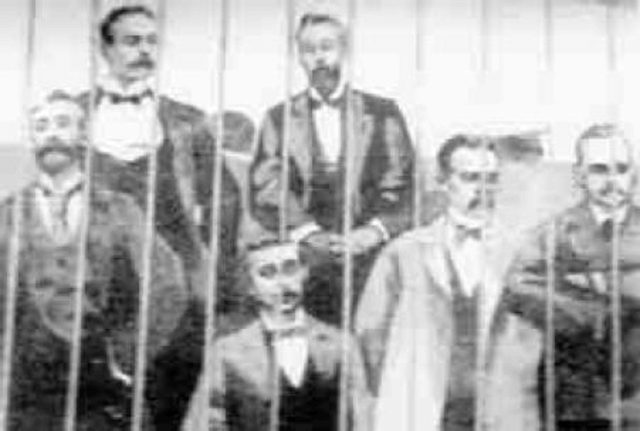 Mafia has been put to trial many times, but before Falcone, they amounted to nothing. This picture is from one of the early Mafia trials in the early 1900s.
Mafia has been put to trial many times, but before Falcone, they amounted to nothing. This picture is from one of the early Mafia trials in the early 1900s.Falcone's arrival in the judiciary coincided with the most intense years of Mafia violence. First, the families of Cosa Nostra fought each other. Then, as the number of their enemies increased, they started to kill more and more of them.
Falcone's fearlessness and meticulous working methods enabled him to put a record number of Mafia members behind bars. Thanks to his high-ranking sources, he got a view of the workings of the Mafia, like never before.
All this eventually led to Falcone's assassination. And, as anticipated, the same fate soon came to his friend and colleague Paolo Borsellino.
Falcone and Borsellino were declared martyrs by the Catholic Church immediately after their deaths. Until then, the Church had at least passively supported the Mafia's activities.
Times seemed to be, despite everything, changing.
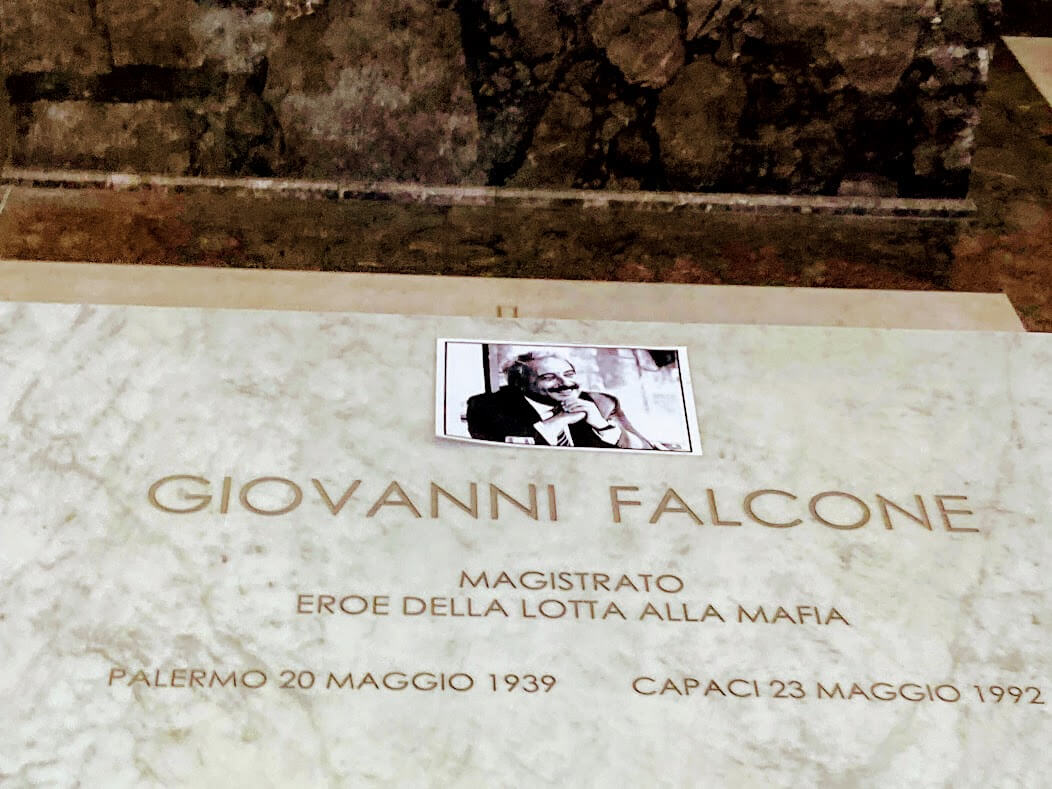 Giovanni Falcone's tomb can be found in Chiesa di San Domenico in Palermo.
Giovanni Falcone's tomb can be found in Chiesa di San Domenico in Palermo.Falcone's Weapons: Facts and Respect
In addition to his extensive knowledge of the subject, Falcone also benefitted from his Sicilian background. He grew up in the same neighborhoods as many of the Mafia leaders he interrogated. He could read their gestures, facial expressions, and tone of voice.
It was a great advantage, as Mafia men are not known for their talkativeness.
At the same time, Falcone insists that he does not allow his sympathies to spill over his professionalism. He had been accused of this too. Some evil tongues even suggested that he was a member of the Mafia, intending to clear out rival clans. This was, of course, pure gossip, intended to ruin his reputation.
In the book, Falcone dismisses such rumors by appealing to his matter-of-fact approach. He is not in his work to make friends but to bring criminals to justice. He uses the facts he has gathered as a weapon of war. His approach to the Mafia is all about rationality.
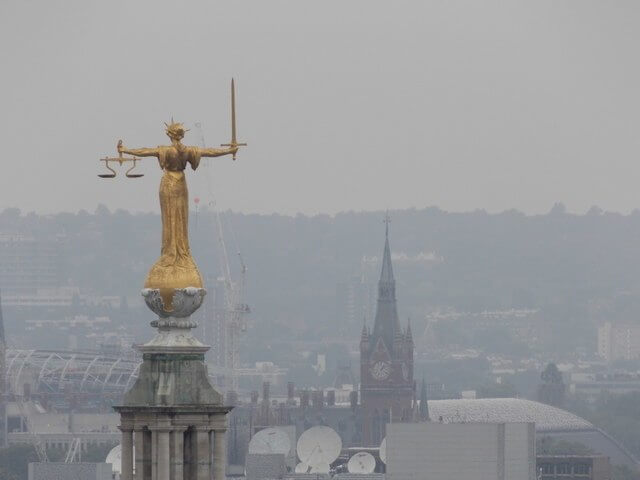
The image of Falcone that emerges from the book is a person obsessed with detail. A keen observer who also respects his enemies.
Falcone admits the parallels between his character and that of the mafiosos. The Mafia, too, is based on a keen understanding of detail. Nothing is left to chance. A lack of respect quickly leads to death - or worse.
Ironically, Falcone may have had more in common with Cosa Nostra than with the Italian state of his time. At least as far as his ability to get things done is concerned.
Because of the short-sightedness and incompetence, the Italian state was incapable of doing anything about Cosa Nostra. The weak state gave in under the strong Mafia.
Cosa Nostra: A Sicilian Phenomenon
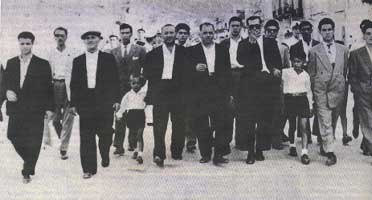
According to Falcone, mafias try to adapt to their environment. It is not in their interests to be noticed. Because of this, mafia values resemble those of the surrounding society. This is why Cosa Nostra is, above all, a Sicilian phenomenon.
It is a mistake to assume that Cosa Nostra's old-fashioned customs belong only to them. In reality, many of its principles are common throughout Sicily. They are part of the popular character.
Falcone points to many similarities between the values of Cosa Nostra and Sicilian traditions. He concludes that some might even look at the Mafia as a source of hope in the modern world.
But, Falcone points out, Cosa Nostra is not at all sincere in its commitment to those values. On the contrary, it uses them only for its own ends.
Life of a Mafioso
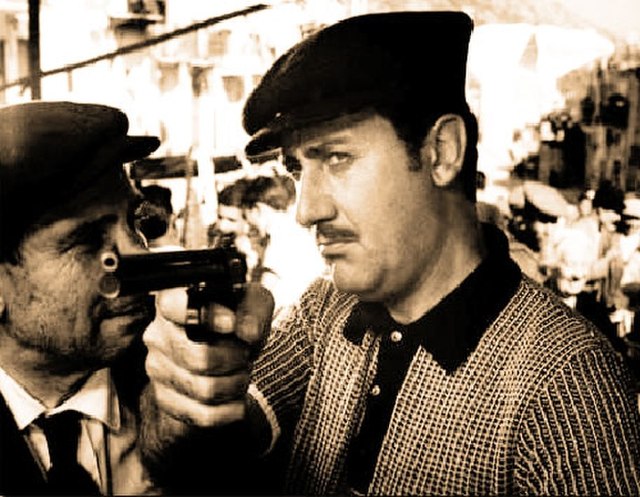
Even if Cosa Nostra has some seemingly good principles, life in the organization is no picnic. In Falcone's words:
"Those who have abandoned Cosa Nostra have understood the culture of death it advocates (...) and have chosen life instead." As an example, he mentions the mafia chemist Francesco Mannoia.
Recalling the time when he joined the Mafia, Mannoia sighed: "What a tragedy! And as much as I loved beautiful women and Ferraris!" He reminisced about his trips to Naples to relax and have fun.
The good life came to an end when Mannoia joined Cosa Nostra. After that, he "spent his days refining dozens of kilos of morphine base, locked up in an uncomfortable, unhealthy and smelly makeshift laboratory."
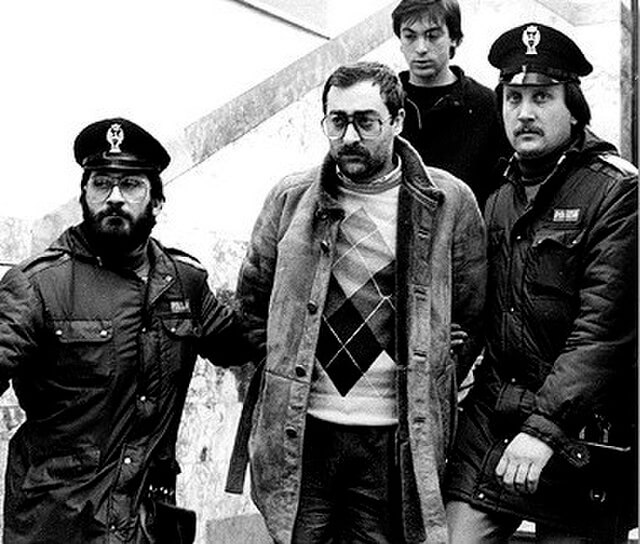 Francesco Mannoia arrested.
Francesco Mannoia arrested.And life isn't necessarily any better at the top. Many mafia bosses have spent years in heavily guarded basements. Or in some small shack in the middle of nowhere.
So it's no wonder if the prison doesn't scare them. Many mafiosi live the life of a prisoner even when free.
There is a Sicilian saying: "Power is better than sex." So who cares if your life is miserable, as long as you are the one giving orders, right?
Don't Underestimate Your Enemy
One of Falcone's aims is to demonstrate the intelligence of mafiosi. He repeats it over and over again.
There is a reason for this. According to Falcone, the surest way to lose the battle against the Mafia is to underestimate it.
Despite what many argued in those times, it is not a bunch of thugs with the intelligence of a caveman.
In his conversations with repentant mafiosi, time and again, Falcone has been amazed at their intelligence. In his bad moments, he even felt that the mafiosi were the only truly rational creatures in the modern world.
Making such an observation leads to respect. While Falcone fights Cosa Nostra, he also shows respect for it. How else could an enemy be defeated?
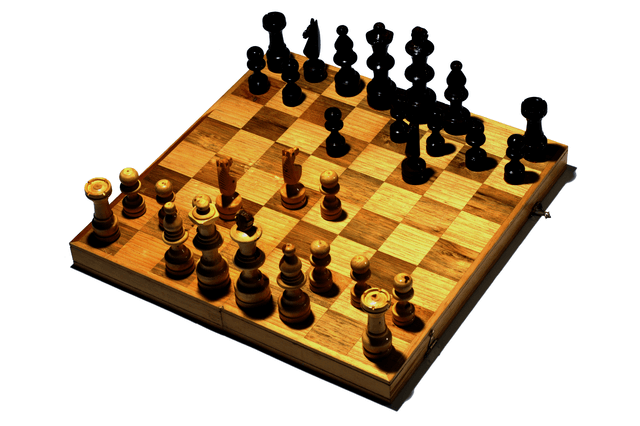 "Sicilian Defense" - a chess opening created in the 1500s.
"Sicilian Defense" - a chess opening created in the 1500s.Death of Giovanni Falcone
Cosa Nostra murdered Giovanni Falcone on 23. May 1992. It came as no surprise to Falcone. He had expected it.
When asked how he could live under the constant threat of being killed, Falcone replied: "Death means nothing to me. After all, I am Sicilian."
The book also shows how great confidence Falcone had in his precautions. He was very precise in this respect too.
Falcone took particular care to avoid any little thing becoming a routine. Routes and times had to be constantly changed. Of course, he also had a constant police escort with him.
Once Falcone and his co-prosecutor Borsellino were even locked up in their private prison. For their own safety.
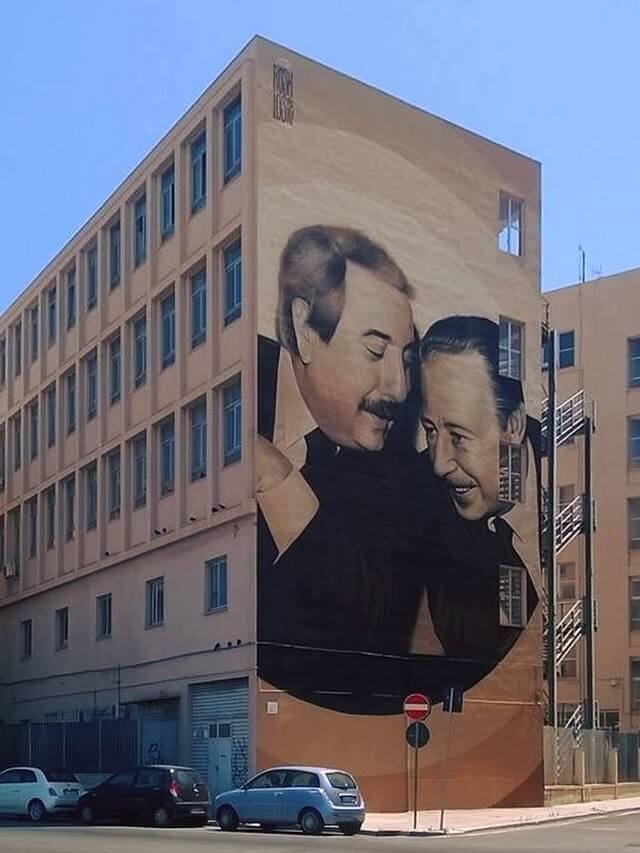 Street corner in Palermo, with a painting of Giovanni Falcone and Paolo Borsellino.
Street corner in Palermo, with a painting of Giovanni Falcone and Paolo Borsellino.However, no precautions could prevent a gigantic explosion that murdered Falcone, his wife, and three police. The impact of the blast got the meters swinging at a geological station in Agrigento - on the other side of Sicily.
The murder was committed by the Corleone mafia boss Salvatore "Toto" Riina. Riina was also behind the mafia wars that had devastated Sicily a decade ago.
The bomb that killed Falcone consisted of 13 barrels of explosives placed in a tunnel in the motorway leading to Palermo. There is now a memorial on the site.
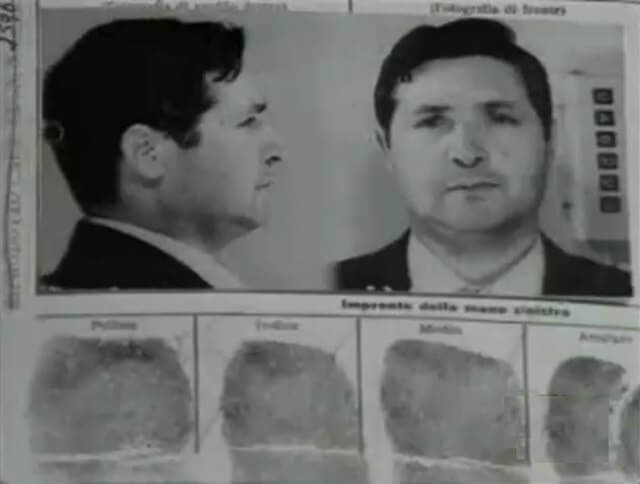 Salvatore Riina.
Salvatore Riina.The following month, Falcone's colleague Paolo Borsellino was murdered. The murders led to an anti-mafia operation, which resulted in the imprisonment of Toto Riina. He died in prison in 2017.
As a result of the murders, many of the mafia bosses Falcone had interrogated began to share their information more openly. Falcone had also been creating a witness protection program, which increased the number of informants. All this led to a large number of arrests during the 1990s.
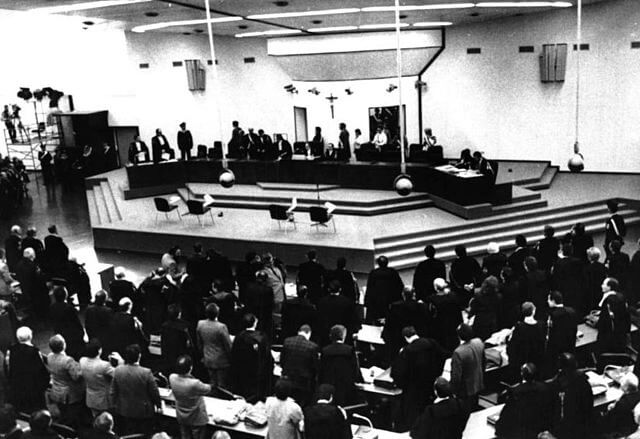 So-called maxiprocesso in Palermo, in mid-eighties, the biggest mafia trial in Sicily.
So-called maxiprocesso in Palermo, in mid-eighties, the biggest mafia trial in Sicily.Is Sicily still Run by Mafia?
In a word: No, Sicily is not run by the Mafia. In fact, if you go to Sicily, you probably won't notice it at all. Still, it's not gone to extinction either.
Progress has been slow, but it has happened.
For more than a century, Italy questioned the unitary nature of the Mafia. The argument went that it was not a coherent organization but a series of fragmented criminal groups.
Today, the structure of the organization and its agreed modus operandi are well known. Yet Cosa Nostra, like the world around it, is changing. Albeit slowly and reluctantly.
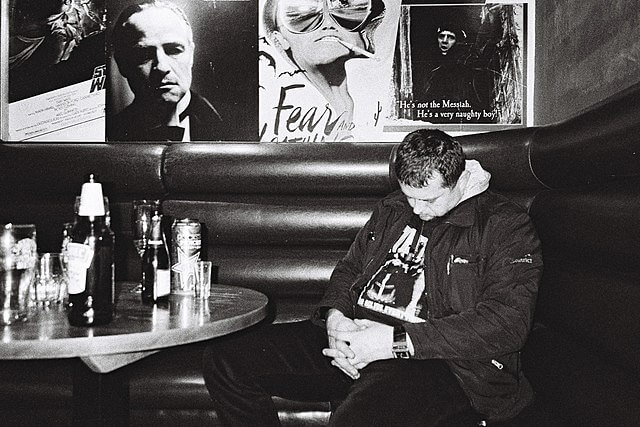
The power of Cosa Nostra is no longer as visible as it once was. In its day, the organization was driven to a dead end by flagrant violence. A growing heap of bodies turned public opinion against it.
And even the Mafia can't operate without the silent consent of common people.
But it would be wrong to say that the Mafia is no longer there. That would be another way of downplaying it. Just like other crimes, the Mafia has not disappeared. And it probably never will.
But the movement against it is more vibrant than ever.
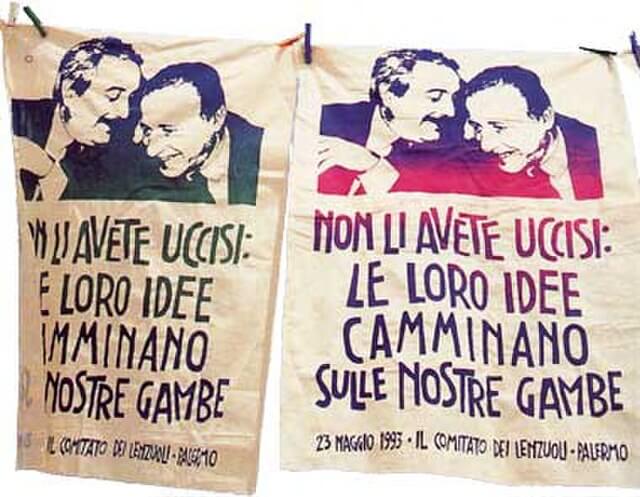 "You did not kill them: their ideas walk on our legs."
"You did not kill them: their ideas walk on our legs."Conclusion
Falcone's attitude towards Cosa Nostra is surprisingly appreciative. The old-fashioned side of the organization appeals to him. Of course, he condemns its crimes but appreciates some of its principles.
According to Falcone, the mafiosi are often very competent in their businesses. Their firms thrive, albeit through illegal means.
When the state seizes a mafia-owned company, its activities usually deteriorate. If not collapse completely. As a result, ordinary people lose their jobs, which is bad publicity for the state.
The strength of Cosa Nostra is the result of a weak society. If the state doesn't have a backbone, the Mafia becomes its substitute. So what if that backbone is rotten? At some point, people may discover that there is no other choice.
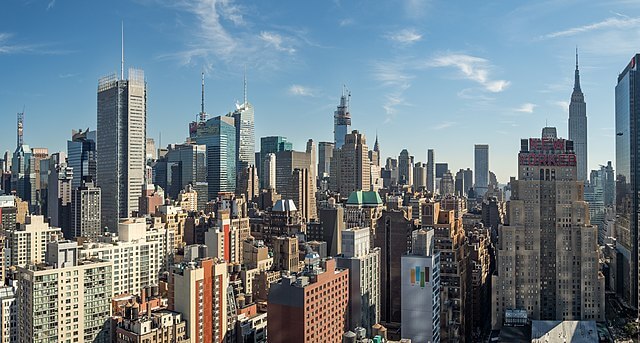
Some may see the Mafia as a problem typical of underdeveloped conditions.
Falcone's view is that the Mafia is, on the contrary, the most sophisticated collection of different ways of doing profitable business.
Even if society progresses, it doesn't magically eliminate the Mafia. It can very well adapt to new and more complex environments.
One problem is also the Italian government's short attention span. It makes quick regulations when public opinion demands it but forgets everything as soon as the situation stabilizes.
I found Falcone's book to be a good description of the Mafia's activities and the problems that prevent the state from intervening.
The book is, of course, a little out of date. Still, the fundamental principles of the Mafia, and the fight against it, are at the core the same as they ever were.
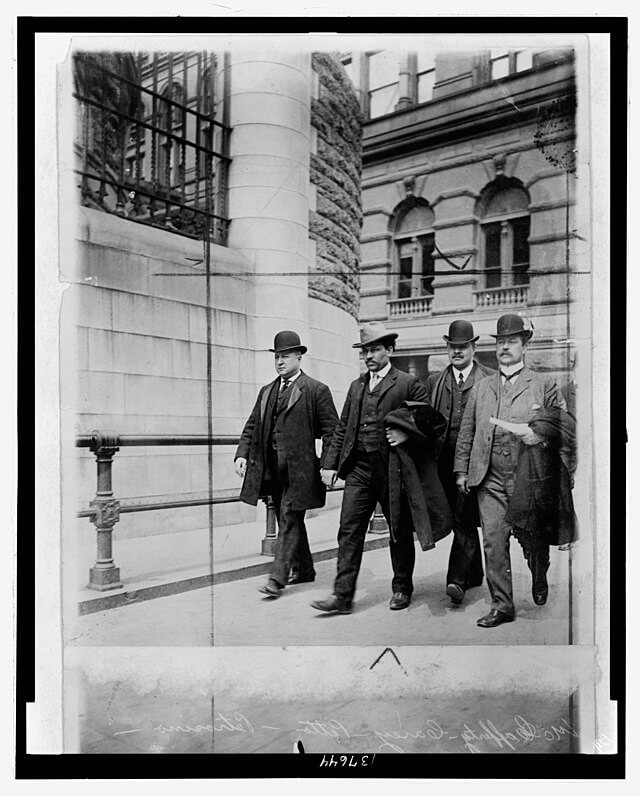
(This page last updated: January 30, 2025)
Recent Articles
-
Honeymoon in Sicily: Where Landscapes Stir the Heart
Dec 17, 25 12:21 PM
Honeymoon in Sicily: Timeless temples, coastal hideaways, slow meals, and landscapes that invite closeness. -
Best Time to Visit Sicily: Your Seasonal Guide
Dec 05, 25 04:23 AM
Find the best time to visit Sicily. Explore seasonal weather, crowds, prices, and highlights. -
Where to Stay in Sicily: Top Areas for Every Traveler
Nov 27, 25 08:14 AM
Where to stay in Sicily: A guide to the island’s best regions, helping you choose the perfect base for your trip.
Follow MANY FACES OF SICILY on Facebook, Instagram, Bluesky & Tumblr
Contact: vesa@manyfacesofsicily.com
